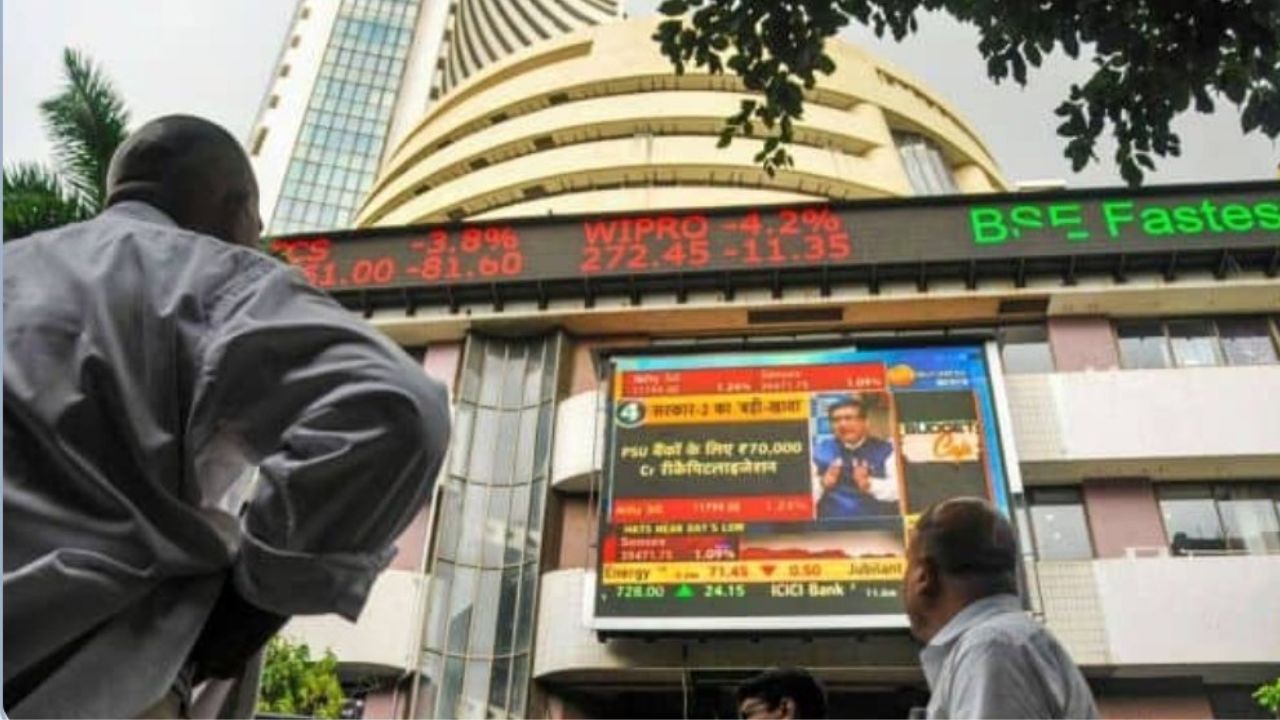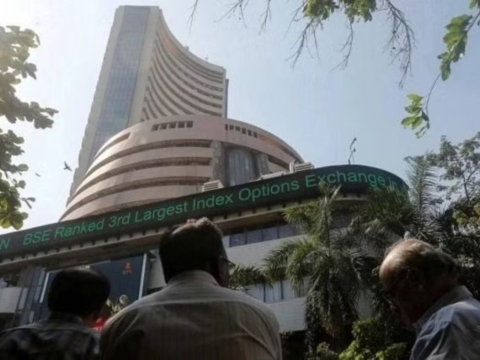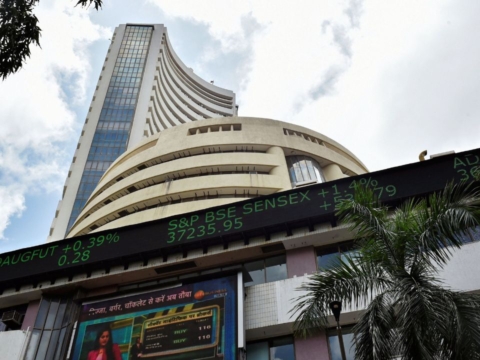NEW DELHI (Diya TV) — India has become a standout destination for global investors as its stock market surges to record highs, crossing the $4 trillion mark in late November. Foreign investors are expressing newfound interest in the Indian market, marking a shift toward a more serious, long-term approach.
Fund manager Abhay Agarwal of Piper Serica Advisors noted a significant increase in inquiries from international investors, including family offices in Europe and large investors in the US. The momentum comes at a time when India’s stock market is flourishing, with the National Stock Exchange of India (NSE) now ranking as the seventh-largest exchange globally.
Investors are drawn to India’s potential for robust returns, reminiscent of China’s performance in the early 2000s. The NSE’s ascent to the seventh-largest exchange, surpassing Hong Kong, underscores the growing excitement surrounding India’s economic prospects.
India’s benchmark indices, the Sensex and Nifty 50, witnessed substantial gains of over 16% and 17%, respectively, in the current year. Additionally, the country experienced a surge in Initial Public Offerings (IPOs), with 150 listings in the first nine months of 2023, outpacing Hong Kong’s 42, according to Ernst & Young.
The positive trajectory of India’s stock market reflects the strength and potential of the world’s fastest-growing major economy. The International Monetary Fund predicts India’s growth at 6.3% this year, potentially reaching 7%, making it the fifth-largest economy globally.
In contrast, China grapples with investor concerns over weak consumer demand and a prolonged real estate crisis, leading to a 7% decline in the Shanghai Composite and a nearly 19% plunge in Hong Kong’s Hang Seng Index.
The divergent growth trajectories between India and China have become pivotal in the competition for emerging market investments. Analysts emphasize India’s resilience and lower economic linkage to China’s demand, making it an attractive investment option.
India’s appeal extends to its less sensitivity to global economic risks, attributed in part to the increasing influence of domestic institutional and retail investors. Goldman Sachs projects continued domestic flows supporting the market, limiting downside risks amid global uncertainties.
Looking ahead, India faces potential challenges in the first half of 2024, as it gears up for a general election in April and May. While election-related uncertainty and global macroeconomic factors may temporarily impact foreign flows, experts anticipate a rebound post-election, in particular if Prime Minister Narendra Modi’s ruling Bharatiya Janata Party is reelected.




